Three years ago, I had never gone on a hike. My paths were paved, and my time spent in nature was dedicated to running on the roads near my home when training for 5ks and half-marathons. It was always a time I enjoyed—but I often rushed through with a sense of guilt. As a student and working mother, my time never felt like my own. My life changed dramatically during the summer of 2018: I graduated from college, divorced my husband, and, the previous summer, I had injured my hip flexor and found that I could no longer maintain the rigorous summer running schedule I was used to. Without the familiar framework that had organized my life for the past four years, I realized that I lacked a sense of self. Perhaps reading Wild by Cheryl Strayed was the catalyst that led me to purchase my first pair of hiking boots, and later, the world’s cheapest starter tent. But it wasn’t the act of picking up a book, or slipping on my boots, or setting up my tent for the first time that made me fall in love with the peace and freedom I now associate so keenly with sky and land. It was place. My first hikes were out at Chadron State Park and the Soldier Creek Wilderness area. And in those places, I found that hiking forces you to slow down, to find a sustainable pace, to pay attention to where you are, and observe the world around you more carefully. At first, I hiked like the runner I had been. I put my headphones in, I zoned out and tried to see how quickly I could travel over a five-mile trail. I remember telling a friend with far more hiking experience than me that I listened to music as I explored the local trails, and he answered me with a bit of shock in his voice, “But how can you hear the birds?” During my next hike, my headphones stayed in the car. Only later, from a place of greater understanding, did I realize that this habit was also unsafe. If you cannot hear, you lose a valuable sense that can help you protect yourself when hiking in areas inhabited by wild animals. A lot of the time the only warning you may get that you are about to step on a rattle snake is through sound. In addition, taking out my headphones and engaging my senses helped me realize that I could not impose the same budget of time around the act of hiking that I had around running, and so it became time that I gave myself. This was a strange luxury, but I found that coming home dirt-coated and sweaty gave me something I couldn't obtain anywhere else. “I didn’t feel sad or happy. I didn’t feel proud or ashamed. I only felt that in spite of all the things I’d done wrong, in getting myself here, I’d done right.” Due to the significance of these experiences in my life, I was very excited to have the opportunity to sit down with Mike Watts of our local Forest Service here in the Chadron and interview him on the ways the Chadron community can best engage with local nature. The role of the Forest Service in our community was more multifarious and integral than I anticipated. As Watts stated: “We provide grazing for some of the local ranchers through a permit system. We also provide timber resources, although that’s pretty limited around here, and with the fires a lot of our timber burned up. But we still manage the timber. We try to manage the green timber that we do have so that if we get fires it doesn’t all burn up. We have lost over half of the timbered acres in the last 20 years or so in this district. We also manage the wildlife too, and then, of course, we manage recreation. We provide recreation for people.” Due to the present concerns related to Covid-19, there has been a recent increase in interest in engaging with the outdoors. When asked for recommendations as to where members of the Chadron community should first consider going when they would like to go out into nature he suggested: “Probably the closest areas to town would be best. There are some trails around the cliffs, and around Spotted Tail we have trail heads out there that people can go hiking on. If they like motorized use, motorcycles and ATVs, we have those types of trails. They can get the maps from us or they can get onto our webpage. There’s also an app called Avenza which is great. That one is really useful because it has the forest visitor map and it’ll show where you’re at with all the trails.” Additionally, he added that while the Forest Service offices are closed to the public, if you call ahead, arrangements can be made to purchase maps of the area. When asked how our community can best work to prevent litter and damage on the trails Watts continually emphasized personal responsibility and returned to the same point: Use your common sense and follow the rules. We also discussed basic aspects of the “Leave No Trace” principles. One of the most important at the moment, given our current lack of rain, pertains to campfires: “Only build one if you really need to. Make sure it’s contained and don’t build a bonfire. When you’re done try and minimize the visible impact and make sure it’s out. That means scattering your fire ring and ashes around. Make sure when you’re scattering your ashes make sure that they are actually out.” He also stated that another one of the most frequent littering concerns he’s seen in our nature areas pertains to human waste and gave specific details on how to dispose of it properly, “People should be digging a hole. At least 6 inches and 200 feet away from water. Ideally, pack the toilet paper out with you, if you can’t at least bury that too. There are some areas that get really heavy visitation where you’re required to pack all that out with you. Sometimes there are bags specifically for that, to go to the bathroom in and then pack it out with you.” When asked if there were any other specific areas we could seek to improve our care of nature, Watts asserted: “It’s more in the dispersed areas when people are out driving around or if they’re out target shooting those are the places where we really have a problem with litter and sometimes vandalism and that sort of thing. If you are out there in a motorized vehicle, we do have travel management rules. You need to stay on the established roadways. That would be something where, if someone wasn’t sure where they could travel in their motor vehicle whether it’s a jeep or a truck or motorcycle or ATV to get one of our travel maps and then it’ll show you all the motorized routes and what’s allowed on them.” In these statements, Watts continues to reinforce a basic idea. Pay attention to the rules and regulations surrounding the areas you are in, use your common sense, and treat these places with respect. As Watts stated, “If it doesn’t seem right it probably isn’t.” The land maintained by our local Forest Service has become a source of fulfillment in my life, and now that my son is older, he often joins me on short hikes. I find a great deal of joy in watching him exploring trails and creeks and watching him as he develops a sense of curiosity regarding nature. I feel that, as a parent, one of the best things I can offer him is a connection to place and an awareness of how best to interact with nature. Parenting in our current time is a unique struggle, and nature offers him a sense of safety and reassurance. We don’t have to wear masks on the trails we explore, and we are isolated in a way that feels like freedom, rather than restriction. Certainly, the least I can do to express my gratitude for the land is treat it with respect, and teach my son to do the same. Keep Chadron Beautiful would like to thank the Forest Service and Mike Watts for contributing to this blog post. If you know of a local business that is actively involved with nature or sustainable living and you would like to nominate them for a Community Spotlight blog, please email [email protected].
0 Comments
|
AuthorStef Glass is the Education Coordinator for Keep Chadron Beautiful. She graduated from Chadron State College with her BA in English Literature and minors in History and Creative Writing in May of 2018. Archives
June 2022
Categories |
||||||
Proudly powered by Weebly

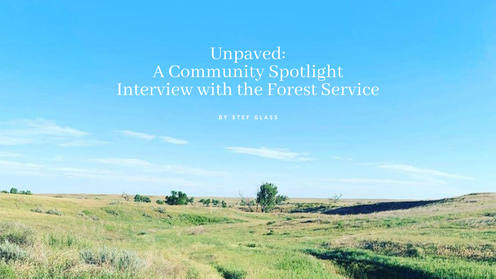
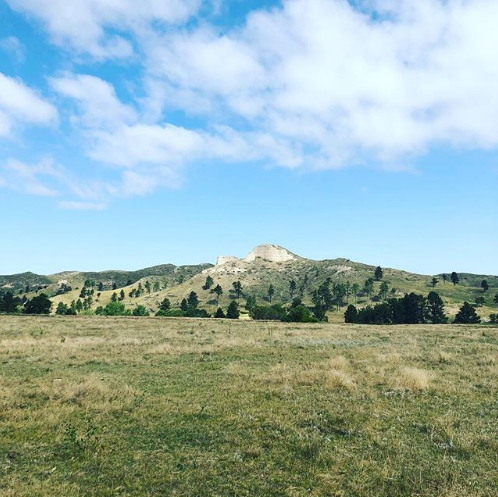
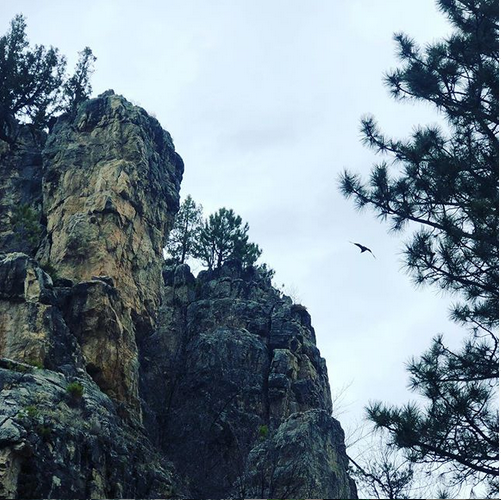
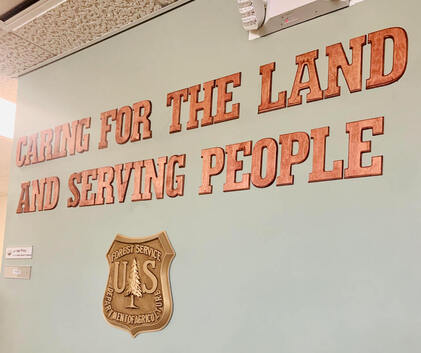
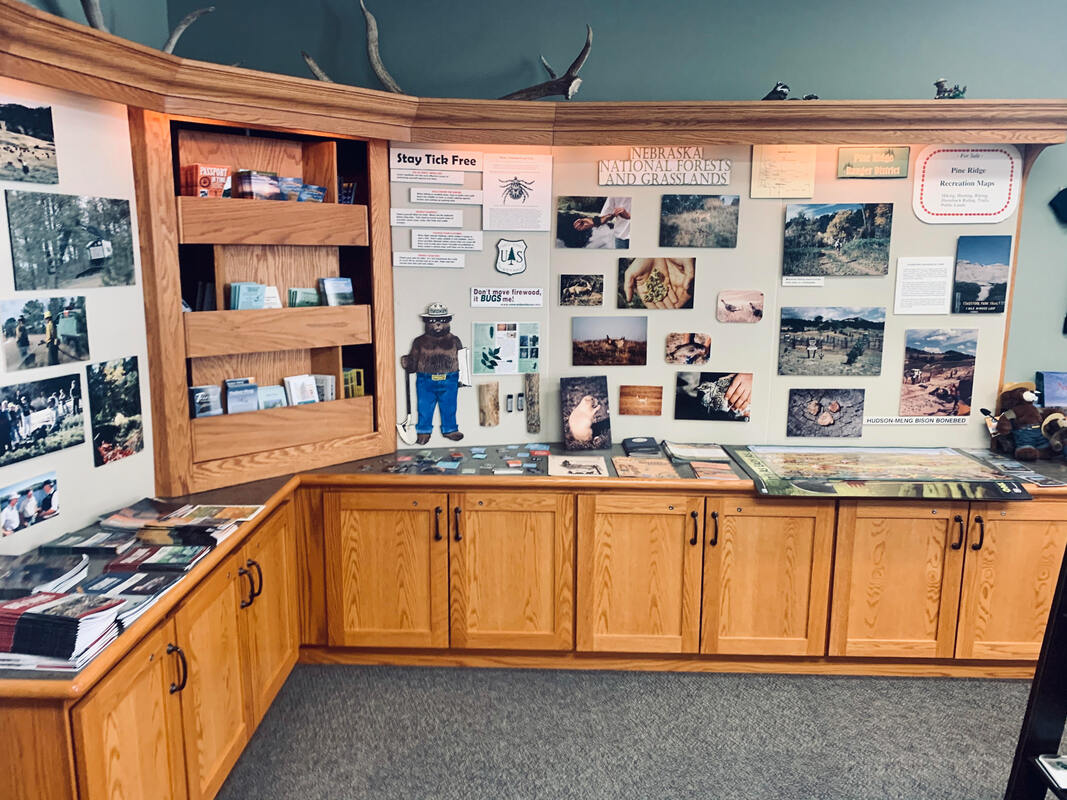
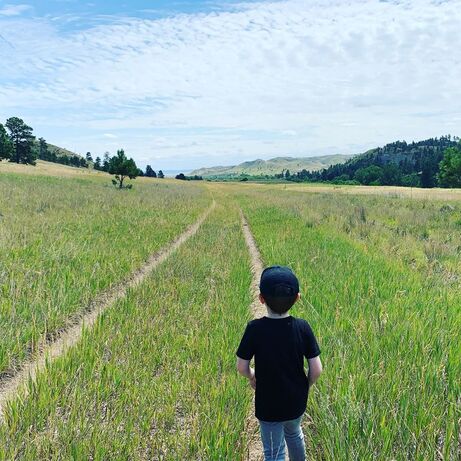
 RSS Feed
RSS Feed